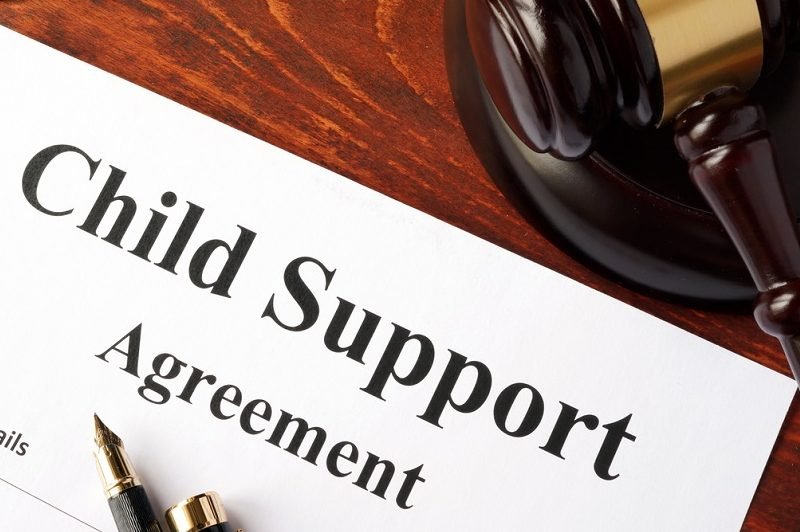Best Immigration Lawyer for Partner Visa Australia

Australia’s Partner visas are temporary and permanent visas that allow spouses or de facto partners of Australian citizens, permanent residents, and eligible New Zealand citizens to obtain visas in Australia.
Our Immigration Lawyers are able to ensure that your partner’s visa application is decision ready and meets all the requirements. Our Lawyers have years of experience dealing with complex partner visa applications, including partner visa refusals (AAT appeal).
Your Partner Visa Options in Australia
Partner Visa types
- Prospective Marriage (Subclass 300) (offshore) visa
- Partner (Subclass 820/801) (onshore) visa
- Partner (Subclass 309/100) (offshore) visa
We Specialise in Obtaining the Following Partner Visas:
If you are in a relationship with an Australian citizen, permanent resident, or eligible New Zealand citizen, you may be able to apply for a partner visa. The relevant visas are:
Subclass 820 Partner Temporary Visa and Subclass 801 Partner Permanent Visa. These visas are for married or de facto partner applicants who are onshore. The two visas are usually lodged as a single application, with the permanent visa granted (if successful) after two years.
Subclass 309 Partner Temporary Visa and Subclass 100 Partner Permanent Visa. These visas are for married or de facto partner applicants who are offshore. The two visas are usually lodged as a single application, with the permanent visa granted (if successful) after two years
Subclass 300 Prospective Marriage Visa. This temporary visa is for fiancé/fiancée applicants who are offshore.
Need help with Partner Visa Application?
Our Immigration Lawyers are able to advise you on the type of evidence that you can prepare to make a decision-ready application. Our expert lawyers can also inform you if you are barred from sponsoring someone or point out any other weaknesses that your case may have.
SPEAK WITH ONE OF OUR IMMIGRATION LAWYERS TO GET MORE HELP WITH PARTNER VISAS!
PARTNER VISA – FREQUENTLY ASKED QUESTIONS
Who can be a Sponsor for a Partner Visa?
What are the most common reasons for a Partner Visa refusal?
Will my Sponsor or I be interviewed by the Department of Home Affairs (DHA)?
What are the requirements for a partner visa in Australia?
How long is the partner visa valid for?
I Haven’t Lived With My Partner For 12 Months. Can I Still Apply For Onshore Partner Visa?
Family law services

Divorce simply recognizes that the marriage has ended but does not solve issues concerning support, property distribution or arrangements for children.

Separated couples can reach a property settlement inside or outside of Court depending on the circumstances.

A consent order is a written agreement that is approved by a court. By signing consent orders parties agree that they will abide by the terms in the order.

Spousal Maintenance occurs when a partner has to maintain their ex-partner financially after a relationship ends.

A parenting plan is a written agreement that sets out parenting arrangements for child/ren.
